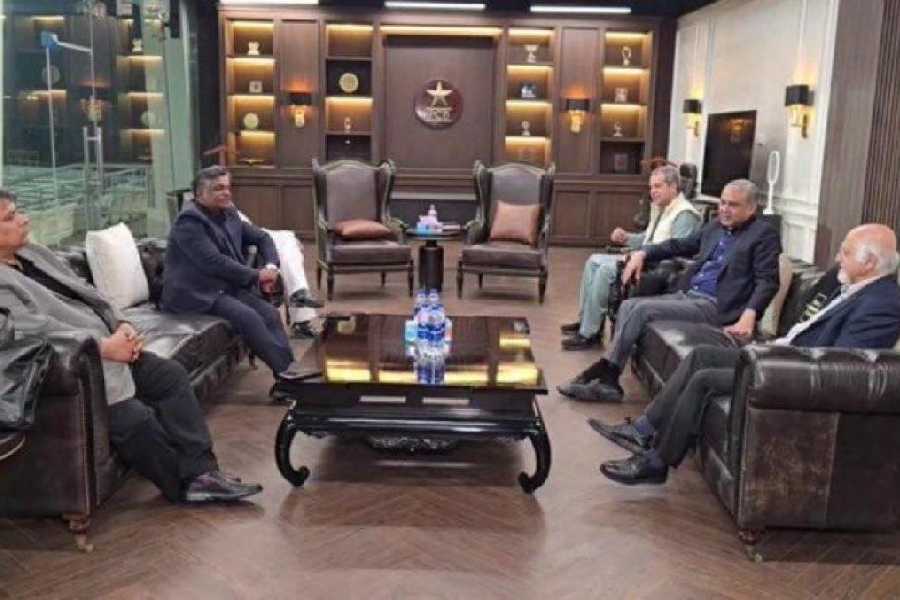New Delhi, March 11: The naming of Manmohan Singh as an accused in the coal controversy has brought back memories of former Prime Minister P.V. Narasimha Rao's involvement in many legal cases relating to corruption allegations.
Rao, considered Manmohan's mentor and credited with drafting the economist into politics, was made an accused in the Lakhubhai Pathak bribery case and had to appear as an accused before special judge Ajit Bharihoke in Delhi.
Bharihoke kept asking if "accused No. 3" was present till Rao, sitting right in front of the judge, rose to say: "Present, Sir."
Bharihoke glanced at Rao and then said: "You may sit down."
A CBI judge today summoned Manmohan as an "accused person" in a coal block allocation case and asked him to appear before him on April 8.
In September 2000, Rao was convicted in the JMM bribery case and was eventually subjected to a "technical arrest" for an hour or so when his bail expired.
He was alone when the news of his conviction was communicated to him at his 9 Motilal Nehru Marg residence. Except for Chandra Shekhar, Devendra Nath Dwivedi, Maninderjit Singh Bitta and Bhuvnesh Chaturvedi, there was nobody by his side in the numbing hours that followed.
The hundreds of Congress workers who had enjoyed the fruits of power courtesy Rao during his tenure between 1991 and 1996 were nowhere to be seen.
It was only late in the evening that Congress chief Sonia Gandhi drove from 10 Janpath to "console" the man who had earned the dubious distinction of becoming India's first former Prime Minister to be convicted, though a higher court later acquitted him.
Officially, that day, the Congress had refused to comment on the verdict. In fact, hours before Bharihoke's judgment, Dwivedi, a former solicitor-general and AICC general secretary, had said that Rao would be acquitted.
Dwivedi's overconfidence had, perhaps, lulled Rao into believing that he indeed stood in the clear. Judge Bharihoke's words left him completely shattered.
In the Congress, the news of Rao's conviction led to a mixed response: there was glee in some quarters, distress in others. Sonia loyalists were pleased, although they did not admit it openly.
Sonia had consulted Pranab Mukherjee, Arjun Singh, Ambika Soni and Madhavrao Scindia before going to see Rao. Scindia had underlined the need for a "dignified response" from the party in view of the far-reaching impact of the judgment.
During her brief interaction with Rao, Sonia had reportedly offered help to Rao from the Congress's legal department.
Rao had reportedly folded his hands to thank Sonia and, forcing a faint smile, said: "Madam, I wish to get acquitted and not weaken my case."
Rao apparently had a dim view of the competence of the party's in-house lawyers.
In March 2002, Delhi High Court finally acquitted Rao in the JMM bribery case.










